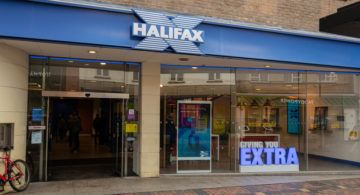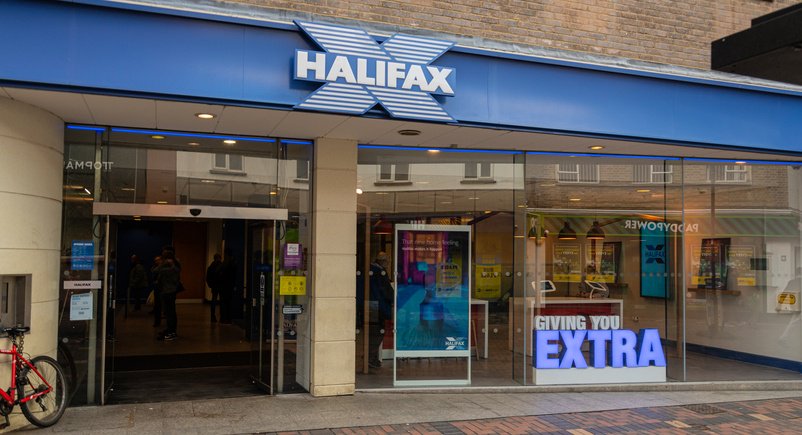Halifax reports annual UK house price growth continues to slow
The average house price in the UK during August was £262,954, according to Halifax’s latest House Price Index report.
Other highlights include:
- Annual house price inflation has slowed further to 7.1%
- Wales remains the strongest region or nation, with London continuing to lag
Russell Galley, Managing Director of Halifax, comments within the report: “Given the rapid gains seen over the past 12 months, August’s rise was relatively modest and the annual rate of house price inflation continued to slow, hitting a five-month low of 7.1% (versus 7.6% in July).
“However, compared to June 2020, when the housing market began to reopen from the first lockdown, prices remain more than £23,600 higher (or +9.9%).”
Iain McKenzie, CEO of The Guild of Property Professionals, comments: “For all the speculation about what would happen when the Stamp Duty holiday ended, today’s figures look like business as usual for a jaw-dropping year for house prices.
“There’s another record for the cost of an average house, though the pace of growth is slowing month by month.
“Any increase to house prices now is fuelled by a short supply of housing stock coupled with the demand for space, as people continue to work from home and retain flexible working.
“People’s choices are reflected in the regional breakdown, with the South West and Wales seeing the biggest growth, and London lagging behind as commuters flee the rat race.
“Scarcity of properties on the market will continue to prop up prices for the foreseeable future, and we may be entering a period of stability after the rollercoaster of the past 18 months.”
Lucy Pendleton, property expert at independent estate agents James Pendleton, comments: “London might be continuing to lag, but green shoots are visible now. The capital isn’t used to being a sideshow to the rest of the country but that’s what the peculiar set of circumstances over the past 18 months has delivered.
“It won’t last though. While annual price growth softens as a whole nationally, demand is strengthening once more in London.
“By the end of the year we expect the narrative to have changed significantly, from one in which London has been the poor relation to a story of the traditional frontrunner regaining its crown, at least on relative terms.
“That’s partly being powered by first-time buyers. Many young people and professionals still want to live in London, at least for a period, and the numbers of them beating a path to estate agents’ doors has shot up in the past couple of months. It’s no accident that passenger levels on the Tube are also back to pre-pandemic levels. We know who’s filling them. It’s back to the office time, buyers are rediscovering the capital and why it’s great to live there.”
Nicky Stevenson, Managing Director at national estate agent group Fine & Country, says: “The market remains turbo-charged and agents now expect strong growth to continue over the next 12 months.
“Though the Stamp Duty holiday is gradually being phased out, the supply-demand imbalance remains a key driver of prices across the country.
“While the number of new-build homes coming to the market is gradually increasing, there is still much ground to be made up from the market closure last year, and this is one factor that could help moderate price growth later on down the line.
“As we go into the autumn, we can expect the housing market to track the growth of the economy as a whole. The overall picture should remain robust as employment grows, worker wages climb and the economy continues to bounce back from the dark days of the recession.
“Sub one per cent mortgage deals, government support for first time buyers and a dearth of housing stock means a snapback isn’t on the immediate horizon.
“All things point toward a sustained period of year-on-year growth.”
Joshua Raymond, Director at financial brokerage XTB, comments: “The Halifax House Price Index (UK’s longest running monthly house price series) came in below expectations at 0,7% compared to the expected increase of 1.1%.
“Prices have been under increasing pressure after the index showed significant signs of slowdown in the last couple of months after a fairly stable increase throughout Q2. As overall inflation pressures continue to be a key issue followed by the Bank of England, along with other central banks, a continuation of the current trends could see the central bank stepping in and taking action even sooner than was previously expected.
“While a return to work and easing of lockdowns was expected to significantly boost property prices, it seems as if there are still some major hurdles the UK economy has to contend with.”

